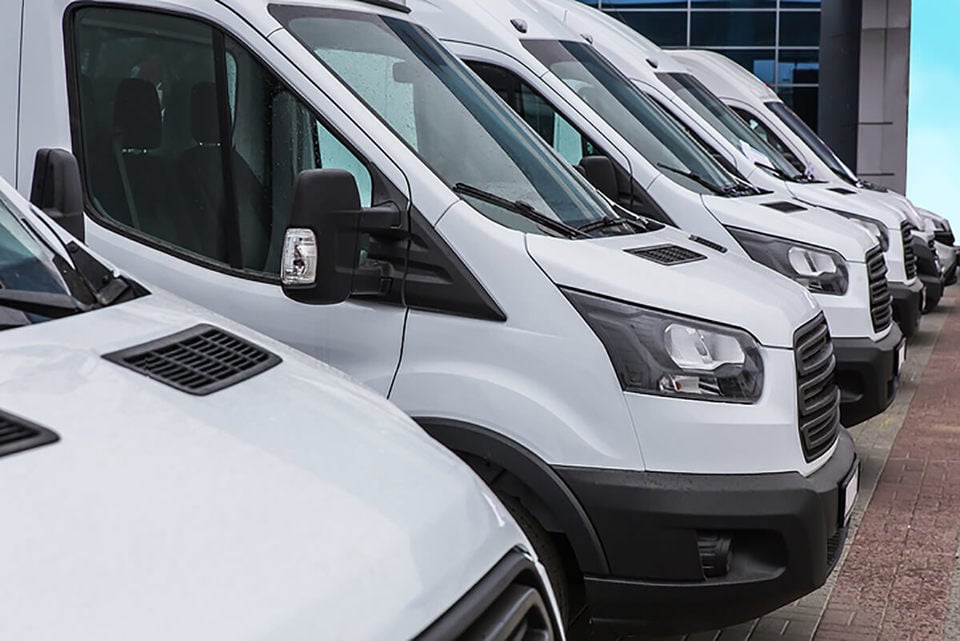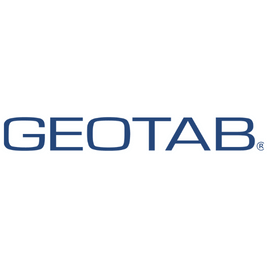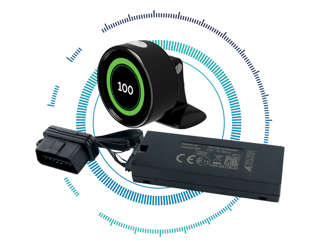Fleets using older vehicle tracking systems face a telematics data blackout as the UK’s main mobile telephone operators begin to phase out the ageing 2G network.
The network is used by some black box devices to transmit data, according to vehicle tracking provider Crystal Ball which is urging fleets to future-proof technology.
Raj Singh, managing director of Crystal Ball, explained: “Fleets using vehicle tracking are facing a period of great change due to the phasing out of the 2G mobile network, which will make many hundreds of thousands of black boxes obsolete.
“As a result, they will have to swap out redundant 2G devices in hundreds of thousands of vehicles, while installing new systems that will use 4G.”
Singh says it is now vital that companies check how ‘future-proofed’ their fleet tracking systems are.
He said: “If you are bringing new vehicles on fleet and are paying for the installation of 2G-based vehicle tracking, that system will need to be changed during the lifecycle of the vehicle, as the network is being phased out and replaced with 4G. And any existing vehicles with 2G black boxes will be affected too.
“It means that now is the time to reassess your vehicle tracking system and provider. Not doing so could mean a costly retooling further down the line.”
Both Vodafone and EE have announced they will sunset their 2G networks in 2025 (within the lifecycle of a vehicle going on fleet this year), while O2 and Three UK have said 2G will be phased out by 2033 at the latest – but this will be sped up by a successful roll-out of 5G across the UK.
Crystal Ball says it is not just an issue for UK-based businesses. Those companies with a pan-European fleet operation will be faced with varying amounts of 2G coverage. For example, some operators in Switzerland and Ireland have already turned off their 2G networks.
Singh said: “We’ve been in contact with our customers to ensure they are already upgrading to 4G to ensure continuity of service, and to future-proof their businesses as they bring vehicles on fleet, but there are still many tracking providers who rely only on 2G black boxes for data transfer.
“Any company operating vehicle tracking to maintain fleet visibility, security and safety will need to upgrade to an enriched solution utilising 4G devices in order to maintain data reporting.”
Singh stresses that with such a once-in-a-generation change, it is also the perfect time to reassess what functionality businesses really need from tracking systems.
He said: “The small packets of basic data provided by 2G boxes may well have done the job previously, but 4G gives fleets the opportunity for far more insightful, enriched interactions through better, more detailed data, and the ability to introduce new tracking innovations too.
“The benefit of 4G is the ability to create a telematics ecosystem featuring cameras integrated with tracking, scheduling, digital checklists, defect reporting and driver behaviour monitoring, giving managers control and visibility over their fleet like never before.”
Crystal Ball provides vehicle, camera and mobile phone tracking solutions, mobile workforce management apps and lone worker protection solutions.























Login to comment
Comments
No comments have been made yet.